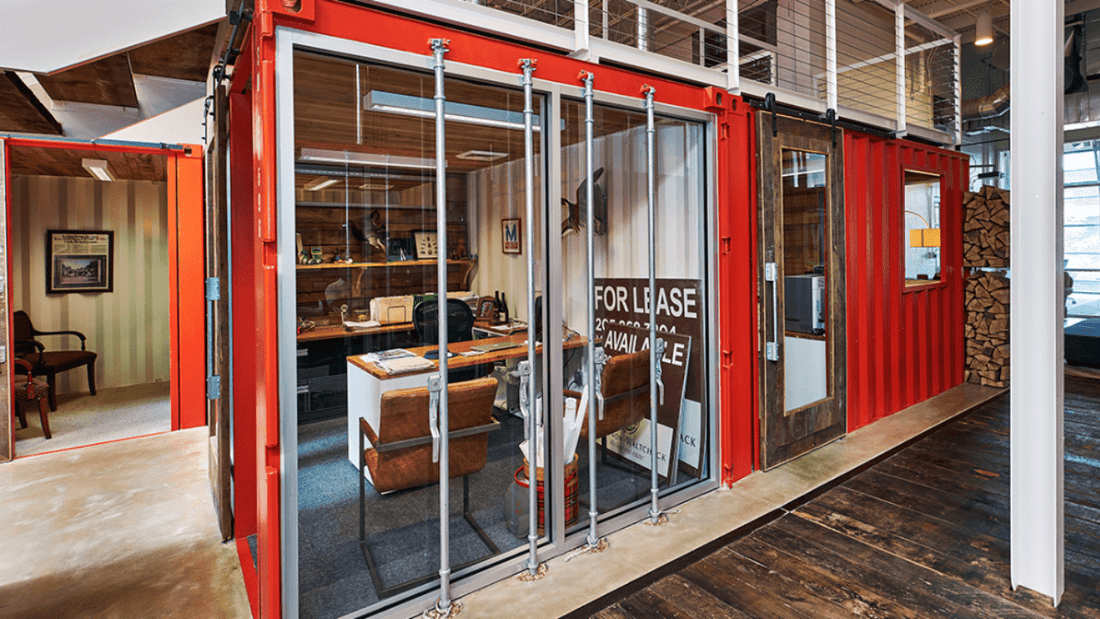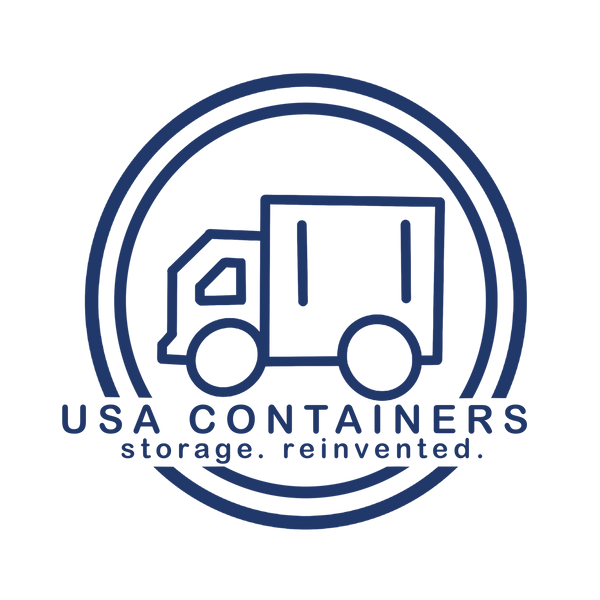
The Shipping Container Office Trend: Is It Right for Your Work-from-Home Setup?
Share
If you're tired of working at your kitchen table or cramming a desk into the corner of your bedroom, there's an unexpected yet incredibly practical solution that’s gaining popularity: the shipping container home office. With a bit of creativity and planning, these sturdy steel boxes can become stylish and functional places to get things done.
Whether you're running your own business, managing remote work for a corporate job, or building your side hustle, a shipping container office can give you the separation, privacy, and structure you’ve been craving—without the cost or chaos of a major home renovation.
Why Consider a Shipping Container Office?
Let’s start with the obvious: shipping containers are built to withstand harsh conditions. Wind, rain, snow—they’re designed to take it all. That durability makes them a great foundation for a long-lasting workspace. But the appeal goes beyond their rugged exterior.
One of the biggest benefits is the cost. Compared to building a standalone office or adding onto your home, converting a shipping container is significantly cheaper. Even after factoring in insulation, windows, doors, and interior finishes, most people are able to complete their shipping container office for under $20,000.
And let’s not overlook convenience. Shipping containers are portable. If you ever move, you can take your office with you. That’s not something you can say about a basement remodel or a backyard shed.
Aesthetics That Work for You
Functionality aside, these offices can look fantastic. With the right finishes, your shipping container workspace can reflect your personality and brand. Think large glass doors, wood paneling, modern lighting, or even a green roof. Whether you prefer a sleek, minimalist vibe or a warm, rustic feel, shipping containers are a blank canvas.
Interior layouts can be customized to include a desk, seating area, shelves, or even a small bathroom. Want a whiteboard wall? No problem. Need soundproofing for podcasting or virtual meetings? Totally doable. It’s your space—you get to decide what makes it work for you.
Placement and Permits
Before you start shopping for shipping containers, check local zoning laws. Some municipalities have restrictions on permanent structures, even in your backyard. You might need a permit or inspection depending on where you live.
The good news? Since many shipping container offices are classified as temporary or mobile structures, permitting is often simpler than for traditional builds. That said, don’t skip this step—it’s easier to ask for permission than beg for forgiveness when a building code officer comes knocking.
When it comes to placement, you’ll need a flat, stable surface. Some people pour a concrete pad, while others use gravel or even railroad ties. Just make sure the container is level and secure.
Insulation and Comfort
If you plan to work in your shipping container office year-round, you’ll need proper insulation. Spray foam is the most common option for providing thermal protection.
Once you’ve got your insulation in place, HVAC is the next step. A mini split system is ideal for most container offices. It’s efficient, compact, and offers both heating and cooling. Don’t forget to include ventilation—fresh air is essential when you’re in a small enclosed space for hours at a time.
Utilities and Connectivity
If you’re planning on running power to your office, you’ll likely need an electrician to set up a subpanel connected to your home’s electrical system. Solar power is also a viable option, especially if you live in a sunny climate and want to go off-grid.
Internet connectivity is another consideration. If your home Wi-Fi signal doesn’t reach the container, you can use a mesh network, run an Ethernet cable, or invest in a separate service line. It all depends on how you work and what kind of bandwidth you need.
Smart and Sustainable
For the eco-conscious, shipping container offices offer a sustainable edge. Reusing a container gives new life to something that might otherwise sit rusting in a shipyard. Combine that with eco-friendly insulation, energy-efficient lighting and solar panels, and your office becomes part of a green lifestyle.
You can also outfit the space with smart technology—think app-controlled lighting, temperature control, and security systems. Some owners even install cameras or motion detectors, particularly if the container is placed farther from the main house.
ROI and Resale Potential
While the idea of ROI is usually tied to flipping houses or upgrading kitchens, don’t underestimate the value a separate office can add to your property—especially in the current work-from-home era. Even if you move, a well-designed shipping container office can increase appeal to buyers who need a home workspace but don’t want to deal with renovations.
Better yet, you may be able to depreciate the cost of your shipping container office on your taxes if you use it exclusively for business. As always, talk to a tax professional for advice specific to your situation.
The home office landscape has changed dramatically in recent years, and traditional setups don’t work for everyone. A shipping container office offers a flexible, affordable, and surprisingly stylish alternative. It gives you space to focus, a buffer between work and home life, and a sense of ownership over your environment.
Is it for everyone? Maybe not. But if you’re looking for a workspace that’s a little bit different—and a lot more functional—it might just be the smartest move you make all year.
Fill out the form below for a free shipping container quote from USA Containers:
